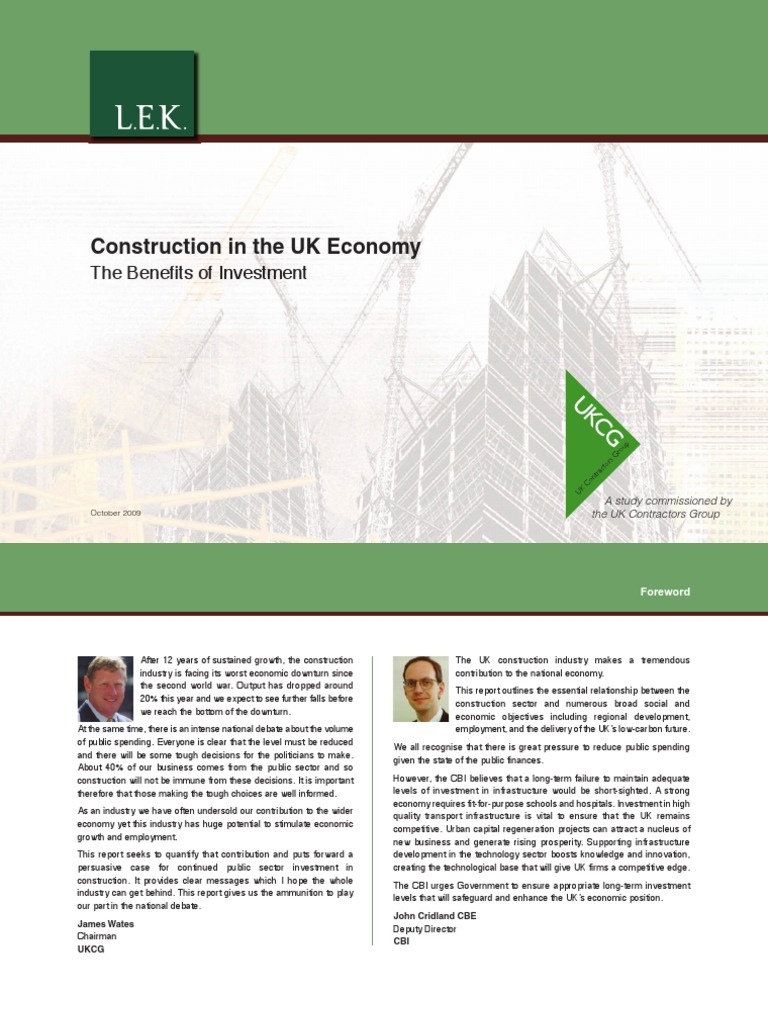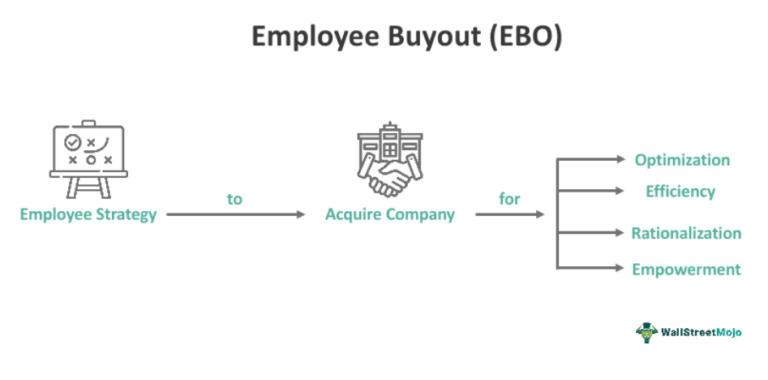
Audience
- Sentiment: Mixed
- Political Group: Conservative
- Age Group: 30-50
- Gender: Any
Overview
- The UK economy grew by 0.1% towards the end of 2024 despite challenges.
- Concerns remain over long-term stagnation and upcoming tax hikes that may affect small businesses.
- Local businesses play a crucial role in the economy but face financial pressures from rising costs.
UK Economy Shows Unexpected Growth Amid Challenges: A Deep Dive
The economy of the United Kingdom is like a massive ship navigating through stormy seas. Sometimes, it seems like the ship is going to sink, but then unexpectedly, it manages to stay afloat and even move forward. That’s the case we find ourselves in now, as the UK economy has surprised many by growing by 0.1% towards the end of 2024. It didn’t seem likely, given the multiple challenges it faced. Let’s break this down together and explore what this means for the UK, its citizens, and perhaps for the future.
Understanding Economic Growth
First, what does it mean when we say that an economy has grown? Economic growth happens when the overall production of goods and services in a country increases. This can occur in various sectors, like construction, manufacturing, retail, and services. In late 2024, the UK’s economy saw surprising growth, particularly in areas like construction and services, sectors that many thought would struggle due to the overall economic climate.
But here’s where the story gets a bit complicated. Even though the economy grew by this small percentage, living standards took a slight dip when compared to the previous year. This means that while businesses may be making more money, the people working in them may not feel that difference in their daily lives—like they can afford fewer things or that their paychecks don’t go as far anymore.
The December Surge
December 2024 was particularly interesting because it showcased a more substantial growth of 0.4% in just that month. What contributed to this surge? Well, it was largely driven by increased activity in pubs, bars, and machinery manufacturing. The festive spirit of December likely brought in more patrons to these establishments, filling up tables and contributing to higher sales. At the same time, the manufacturing sector, especially for machinery, began to pick up pace again. People were buying new machines either for work or personal projects, leading to more jobs and more production.
This uptick in short-term performance is like a student who manages to ace an exam last minute despite lacking study time earlier in the semester. It’s a reminder that the economy can sometimes turn around faster than we expect.
Underlying Concerns and Tax Hikes
Despite these moments of growth, several clouds are looming over the horizon. Analysts, including experts from the Bank of England, predict that stagnation may continue to affect the UK economy in the long term. What’s causing this unease?
For one, there are upcoming tax hikes, particularly in National Insurance contributions. This is crucial because National Insurance is a tax that helps fund various public services, like the NHS (National Health Service) in the UK. When taxes increase, it can lead businesses to cut back on hiring new employees, which is a critical element in fostering a healthy economy.
Moreover, many small business owners right now are feeling the pinch of increased costs. As these costs rise, they are forced to make tough decisions about whether to hire more employees or simply keep their current staff. Unfortunately, this often leads to trading reductions and job cuts, creating a cycle of economic uncertainty.
The Perspective of Small Business Owners
Picture the atmosphere inside a cozy local café or a family-run retail shop. The owners of these businesses are often the backbone of the community. They create jobs, foster connections, and stimulate the local economy. But rising costs and higher taxes mean that many owners are operating under significant financial pressure.
In discussions with small business owners, you might hear their worries reflected in their stories. One café owner might tell you how increased ingredient costs forced them to rethink their menu, while a shopkeeper may discuss how they’ve had to let staff go to manage financial burdens. Their stories help us understand that while big numbers and percentages might indicate growth, the human impact can often tell a different tale.
Government’s Role and Challenges
The government finds itself in a difficult position as it navigates these challenges and attempts to stabilize the economy. They recognize the pressure facing businesses and households, yet their methods to curb inflation or enhance growth often come under criticism. Many believe that the policies currently in place may not be striking the right balance.
It’s like watching a coach trying to lead a sports team; sometimes, it takes bold plays and creative strategies to bring out the best in players, yet the coach can’t forget about the team’s fundamentals. Some experts argue that rather than imposing higher taxes, the government should focus on stimulating growth through incentives for small businesses. Encouraging investment in new technologies or offering tax breaks for hiring could help to alleviate some of the current challenges.
What Lies Ahead?
So, what does all this tell us about the future? While the recent growth figures offer a glimmer of hope, they also highlight that the UK economy is still juggling numerous challenges. Factors such as inflation, rising costs, and global economic fluctuations can quickly shift the trajectory of progress.
One silver lining is that consumers may continue to support local businesses by choosing to dine out or shop locally. This support can help stave off some economic downturns. It’s also a reminder that each one of us plays a part in our economy—our spending choices matter.
Final Thoughts: A Collective Effort
The UK economy’s unexpected growth amid an array of challenges is a multifaceted picture. It’s like a beautiful, yet complex tapestry woven with threads of hard work, uncertainty, and community support. Despite current struggles, there exists a chance for recovery.
As we wrap up this exploration of the UK economy, it leaves us with a question worth pondering: What role do you think local communities can play in supporting their economies during tough times? Share your thoughts in the comments below!





